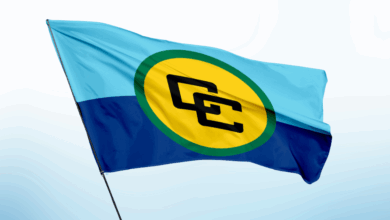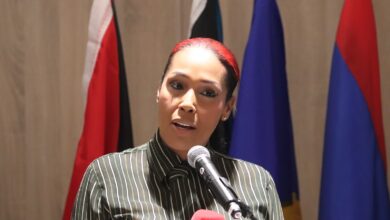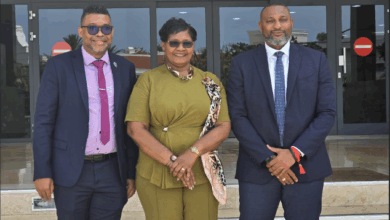America GEORGETOWN, Guyana – With Nicolás Maduro’s narrow victory in Venezuela’s presidential election still being contested by the Venezuelan opposition, even though he has already been sworn in as president, there is a growing feeling that, with a majority of only 50.7 per cent of the popular vote, the self-styled ‘son’ and heir of Hugo Chávez may well be in for a rough ride. Uncertainty, if not instability, would appear to be on the menu for some time yet in Venezuela, even as opponents of the chavista regime are predicting a crisis of governance, with an inexperienced leader at the helm of a clearly divided country and economic woes on the rise. Governments in Latin America and the Caribbean will no doubt be watching closely as events unfold. It will be recalled that in the years immediately following President Chávez’s assumption of office in January 1999, there was talk of a “pink tide” sweeping Latin America, with leftist governments holding sway, at one time or another, in Argentina, Bolivia, Brazil, Chile, Cuba, Ecuador, El Salvador, Honduras, Nicaragua, Paraguay and Uruguay. Indeed, as the neo-liberal policies of the Washington Consensus fell into disrepute, the shift towards more progressive social policies and, in some cases, outright populism became more pronounced.
News Letter
Subscribe to our mailing list to get the new updates!
Related
Check Also
Close





